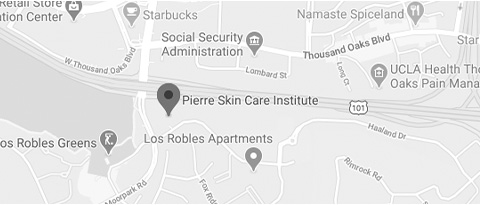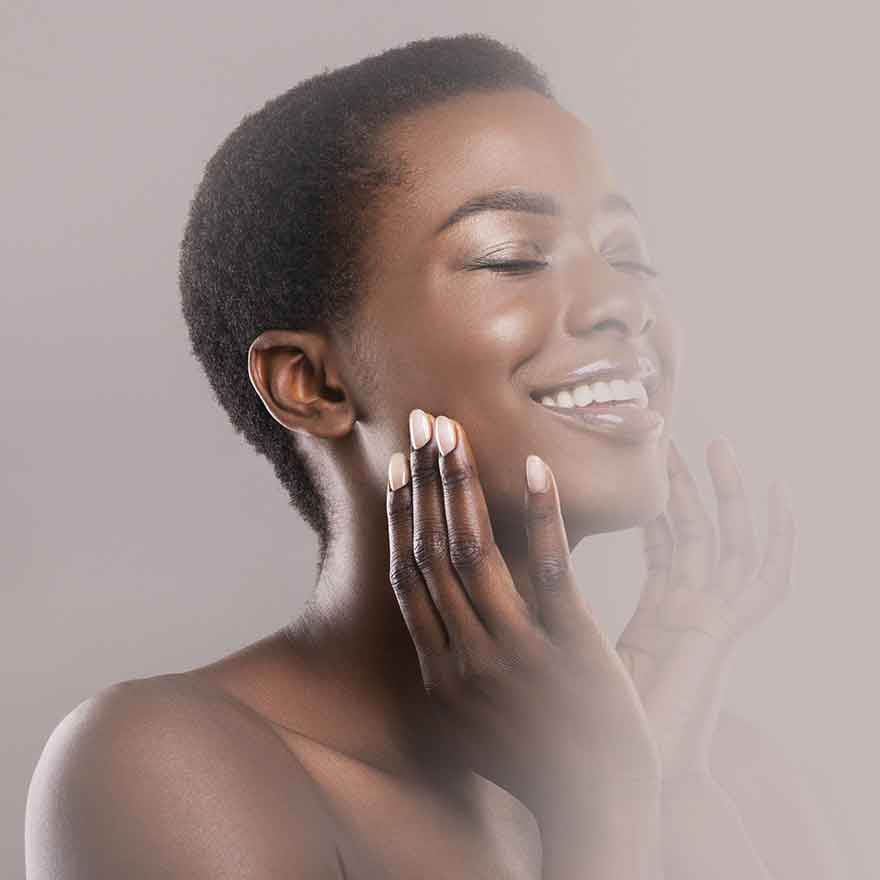How to Choose the Right Moisturizer if You Have Rosacea
Rosacea is a long-term skin disorder that primarily affects the face and can ultimately lead to physical changes that can cause negative psychological effects. There are many strategies for managing the condition, which often leads people to ask the Pierre Skin Care Institute about which specific treatments or options would be best. One of the most common questions is: “Should I moisturize if I have rosacea?” Our Westlake Village-based team believes that you absolutely should moisturize every day to keep your skin hydrated if you have rosacea.
A rosacea-friendly skincare routine can make a significant difference because it will make you feel more comfortable and decrease the number of flare-ups you experience.
Rosacea causes defects in the skin barrier, leading to a high rate of transepidermal water loss and making the skin more prone to irritation and inflammation. The way rosacea affects the skin varies among individuals, with some people experiencing oilier skin while others have dry skin or acne-like breakouts as a result of the condition. Still others experience all of the above.
Regardless of your specific rosacea symptoms, moisturizing is critical because it helps to trap moisture and reduce irritation. You should moisturize each day to reduce discomfort while improving the function and appearance of the skin.
Trying out new products on super-sensitive, highly reactive skin can be intimidating. It can often be difficult to know which skin products you should use if you suffer from persistent flushing, stinging, and burning on the face—or other symptoms that are associated with rosacea.
You need to search for moisturizing products that support hydration but don’t have ingredients that could potentially make rosacea flare-ups worse. Ideally, the moisturizer you choose should also correct other rosacea-related conditions, like redness, itching, and stinging. Always choose products that contain no fragrances, alcohol, menthol, glycolic acids, or other ingredients that are known triggers for rosacea. The products should also be non-comedogenic, which means they don’t contribute to the causes of acne.
Some moisturizers that are designed for rosacea may also contain sheer green color neutralizers that help to conceal the appearance of redness, which is a plus for many people.
The team at the Pierre Skin Care Institute can provide comprehensive answers to more questions and address any other concerns you may have about managing this chronic skin condition. Call 805-496-9190 or fill out a contact form to reach out to us and set up a consultation if you’re searching for the best treatments for rosacea.




